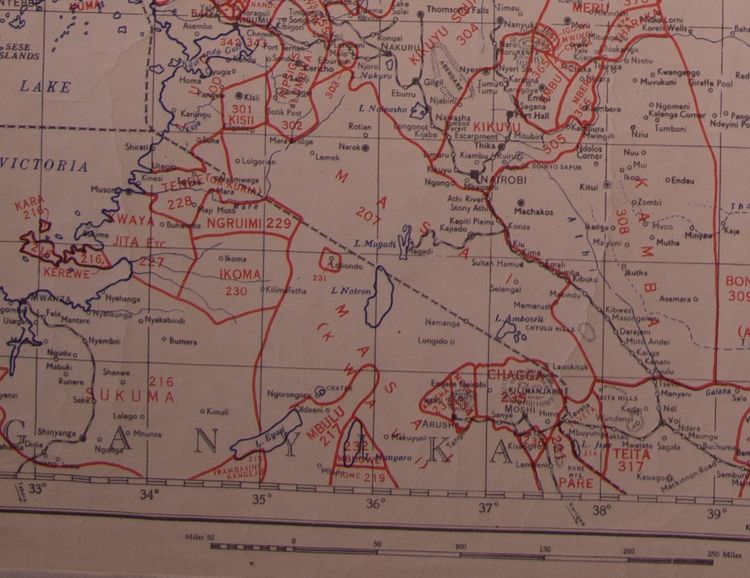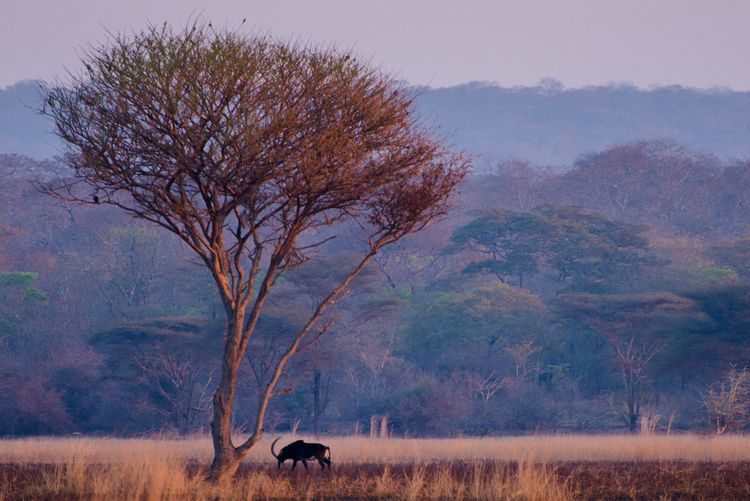Trophy hunting bans imperil biodiversity - a signatory's tale

A couple of years ago Amy Dickman and a few other colleagues circulated an idea they had to publish a letter in the journal Science. They wanted to know if we (myself and 128 others) would be interested in being signatories of this letter.
In short, they argued that bans on trophy hunting would imperil biodiversity, particularly in Africa where, in countries where trophy hunting is still permitted, more land is conserved under trophy hunting than under National Parks. Additionally, trophy hunting can also provide income to rural communities in areas where viable alternatives were lacking, e.g. these areas were unsuitable for photographic tourism. They did caveat that there is "considerable room for improvement" in management and governance of hunting areas and in the transparency of benefit sharing with local communities. Finally, they finished by emphasising that many of us find trophy hunting "repugnant" but that without viable alternatives, it remained an important way of protecting land, wildlife, and providing benefits to rural communities.
Based on my experience growing up in several countries in East Africa, working in conservation organisations in East Africa, and studying conservation, I happily signed up.
What followed was about as dramatic as things can get in the world of conservation academia... The publishing of this letter resulted in a change of policy for the journal Science (a story for another time - but for those interested, read the Editorial Addendum) and a slew of responses, including: "Trophy hunting: Role of consequentialism", "Trophy hunting: Values inform policy", "Trophy hunting: Broaden the debate", "Trophy hunting: Bans create opening for change", "Trophy hunting: Insufficient evidence", "Trophy hunting: A moral imperative for bans". You can have a read of all the responses here.
It's fascinating just how lively this debate was. There were some strange points, yes, but there were also some excellent responses that left food for thought. Overall, when it comes to these kinds of questions, there is so much to unpack - from the moral arguments, to the level of evidence people expect for policy changes, to the colonial legacy of hunting (as it is currently practiced vs. "bushmeat hunting", to the economic realities of conservation competing with other land uses, to the gall of some countries who continue hunting domestically but try to dictate the practices of others... Whilst, in the background of this debate, biodiversity continues to decline everyday...
Reflecting on this debate again, on a personal note, I think that for the time-being, the rights of individual animals do not supersede those of an entire populations - the time for that will come, but for now we must do everything we can to protect viable populations of wild animals, and if that comes at the cost of a few individual animals, I'm ok with it. Secondly, hunting operators must do a much, much better job of documenting the conservation work that they do, the changes over time in populations of wild animals in the areas they manage, and they amount that they contribute to the local and national economies. Their lack of transparency and effort creates the grey area that others use against them, and leaves room for less scrupulous hunting companies who act in their own self interest (and not that of biodiversity or local economies - for those interested, have a read of Lions in the Balance by Craig Packer...). Finally, we must urgently find ways to continue to offset the opportunity costs that rural communities face when their land use options come up against those which are aimed at protecting and conserving land and biodiversity. Until we do so satisfactorily, who are we to prevent people from making the most of their lives, and ensuring a better future for their families, with the natural resources available to them.
If you enjoyed this post, please consider sharing it with others who might be interested too. If you want to connect, I'm always happy to chat, so get in touch!
For those who might be interested, here are some recent publications:
- Coexistence in an African pastoral landscape: Evidence that livestock and wildlife temporally partition water resources. African Journal of Ecology Connolly, E. et al. 2021
- Defining Pathways towards African Ecological Futures. Sustainability Scheren, P. et al. 2021
- Conserving Africa's wildlife and wildlands through the COVID-19 crisis and beyond. Nature Ecology & Evolution Lindsey, P. et al. 2020
- Incorporating social-ecological complexities into conservation policy. Biological Conservation Brehony, P. et al. 2020
- Conservation from the inside-out: winning space and a place for wildlife in working landscapes. People and Nature Western, D. et al. 2020





